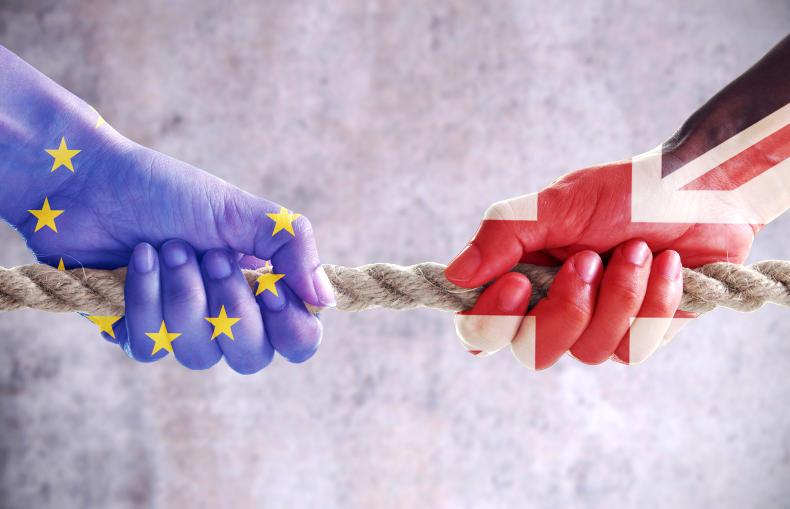The European Court of Justice (ECJ) has ruled that that Article 50, which signalled the UK’s intention to leave the EU at the end of March 2019, can be cancelled unilaterally.
The ruling states the revocation of the withdrawal agreement “must be decided following a democratic process in accordance with national constitutional requirements”. This opens the door for a second referendum on whether the UK is to remain in or leave the EU.
If such a vote were to take place and the decision to leave was revoked the ECJ said it confirmed; "EU membership of the member state concerned under terms that are unchanged as regards its status as a member state and brings the withdrawal procedure to an end."
Unanimous
The European Council and Commission had contended that Article 50 could only be halted following a unanimous decision of the Council. This was due to the fear that allowing a country to withdraw from Article 50 unilaterally could be used as a bargaining chip in negotiations.
The ECJ found that; “To subject that right to revoke to the unanimous approval of the European Council as the Commission and Council proposed, would transform a unilateral sovereign right into a conditional right and would be incompatible with the principle that a member state cannot be forced to leave the European Union against its will.”
Hypothetical
The UK government also tried to have the case declared inadmissible as the arguments presented are hypothetical given it is not their position to revoke Article 50.
Speaking to the BBC, UK Agricultural Minister Michael Gove said the UK had no intention from halting the withdrawal process and called on MPs to support Theresa May’s deal.
#ECJ: UK is free to unilaterally revoke the notification of its intention to withdraw from the EU – Case C-621/18 Wightman #Brexit pic.twitter.com/KUOI2eQ48C
— EU Court of Justice (@EUCourtPress) December 10, 2018






 This is a subscriber-only article
This is a subscriber-only article











SHARING OPTIONS: